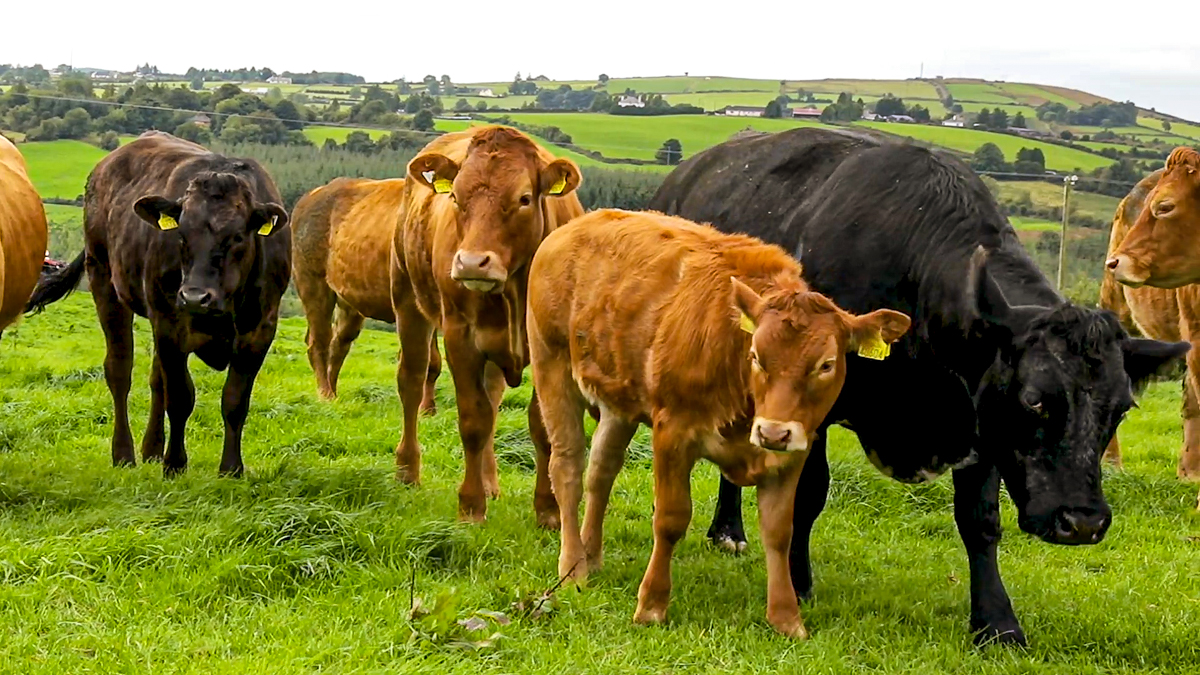The Department of Agriculture, Food and the Marine (DAFM) has clarified information regarding the implications of infectious bovine rhinotracheitis (IBR) testing within the new suckler scheme.
Central to the concerns raised by farm organisations was the implication of a positive IBR test result and what it would mean for the trade of livestock.
DAFM has confirmed to Agriland that “the sero-surveillance results do not impact on a farmer’s ability to trade animals”.
IBR testing is a requirement under the new National Beef Welfare Scheme (NBWS).
Under the scheme farmers will be paid €15 for each animal tested, up to a maximum of 20 animals.
IBR testing
A spokesperson for DAFM explained that “the rational for including IBR testing as a component of the NBWS is two-fold”.
“Firstly it is beneficial in providing each participating farmer with clear information as to the prevalence of IBR within his/her individual herd, allowing him/her to take whatever action may be necessary to improve the animal health status and thus productivity on his/her farming unit.
“At individual herd level, the information supplied will enable the farmer to make better informed decision to improve the health and economic efficiency of their herd,” they said.
“Secondly, it will provide anonymised national information on the distribution of IBR infection across the national beef herd.”
This would be an important source of information “in the context of the development of any national IBR eradication control or eradication programme”, the spokesperson added.
DAFM
DAFM confirmed the following in relation to IBR testing under the NBWS:
- Individual herd results will only be shared with the individual farmer and their vet;
- Sample results pertaining to specific herds will not be shared with the department;
- The sero-surveillance results do not impact on a farmer’s ability to trade animals.
The Irish Cattle Breeding Federation (ICBF), which is managing the scheme, will provide DAFM with data on herd number; the number of samples submitted; date of sampling and date of receipt so farmer payments can be processed.
ICBF will also share anonymised sample results from all participating herds with Animal Health Ireland (AHI) and University College Dublin’s Centre for Veterinary Epidemiology and Risk Analysis.
This will allow for further research on the disease and provide a snapshot of the epidemiological status of IBR in the national suckler herd.
The deadline for applications to the National Beef Welfare Scheme (NBWS) is Tuesday, September 12, 2023.
The actions of IBR testing and meal feeding calves pre- and post-weaning are mandatory and must be completed satisfactorily for a maximum overall payment.
Payments are expected to be made to farmers in December 2023.
